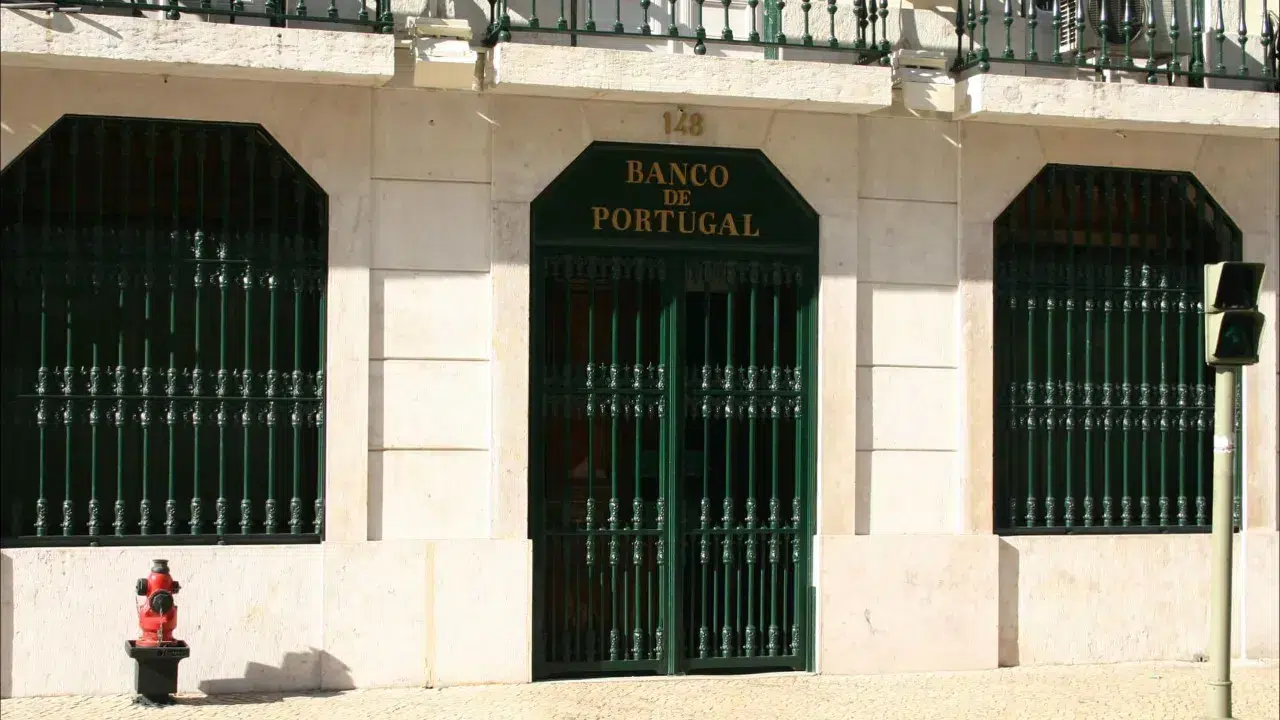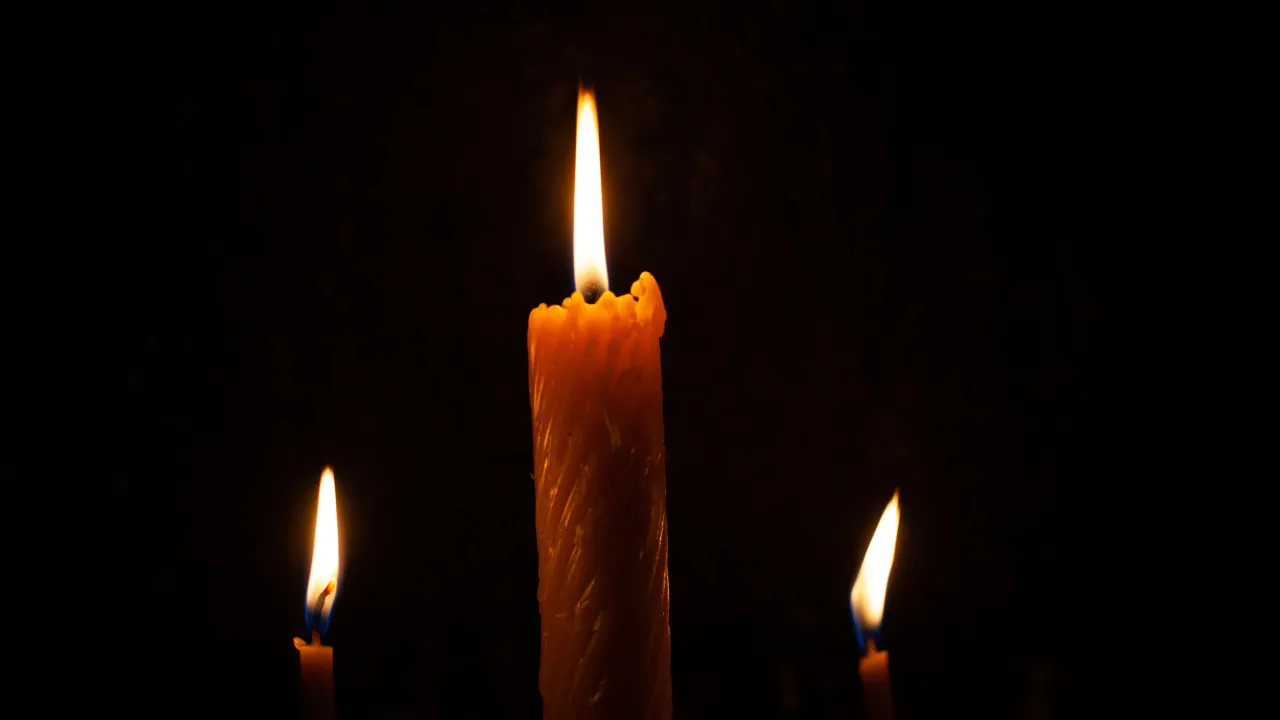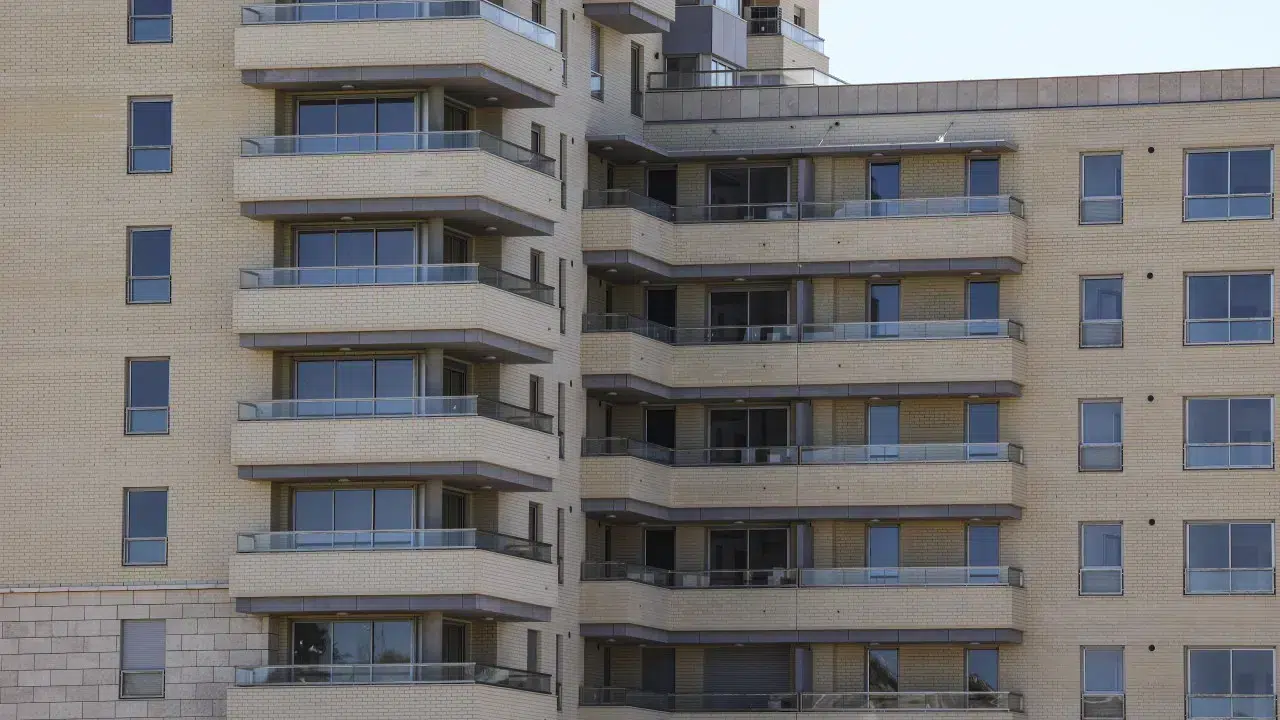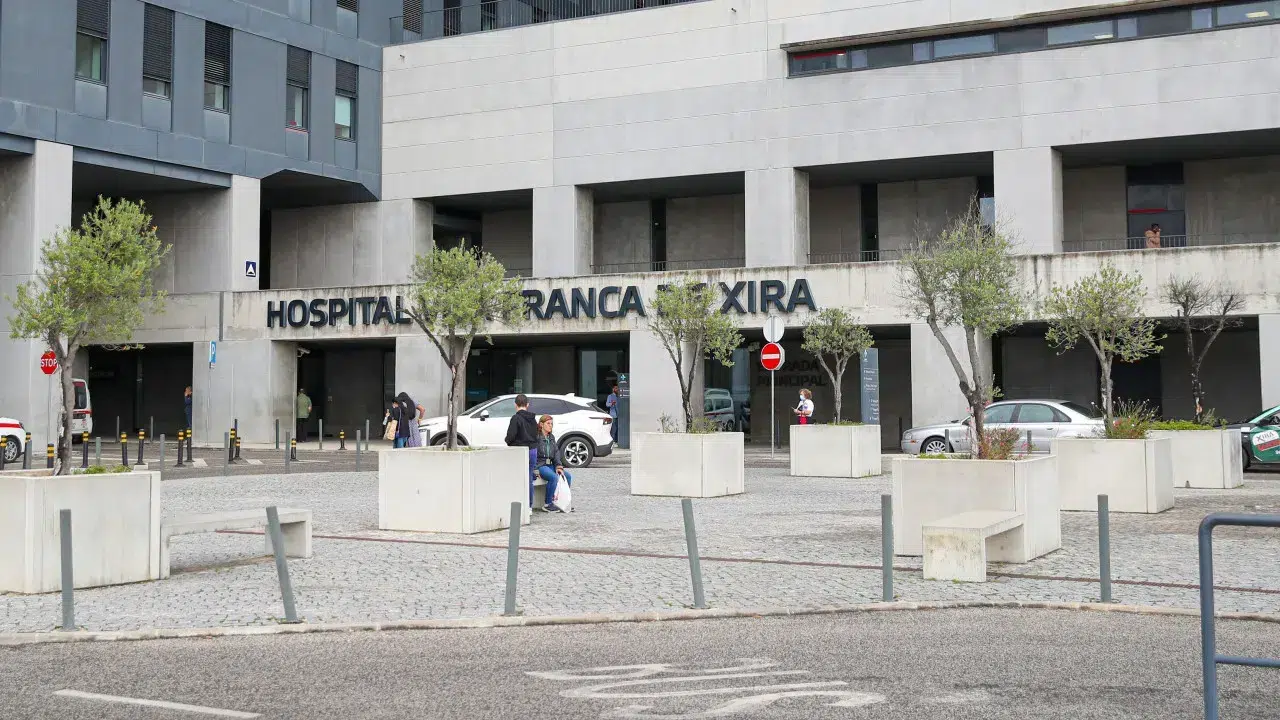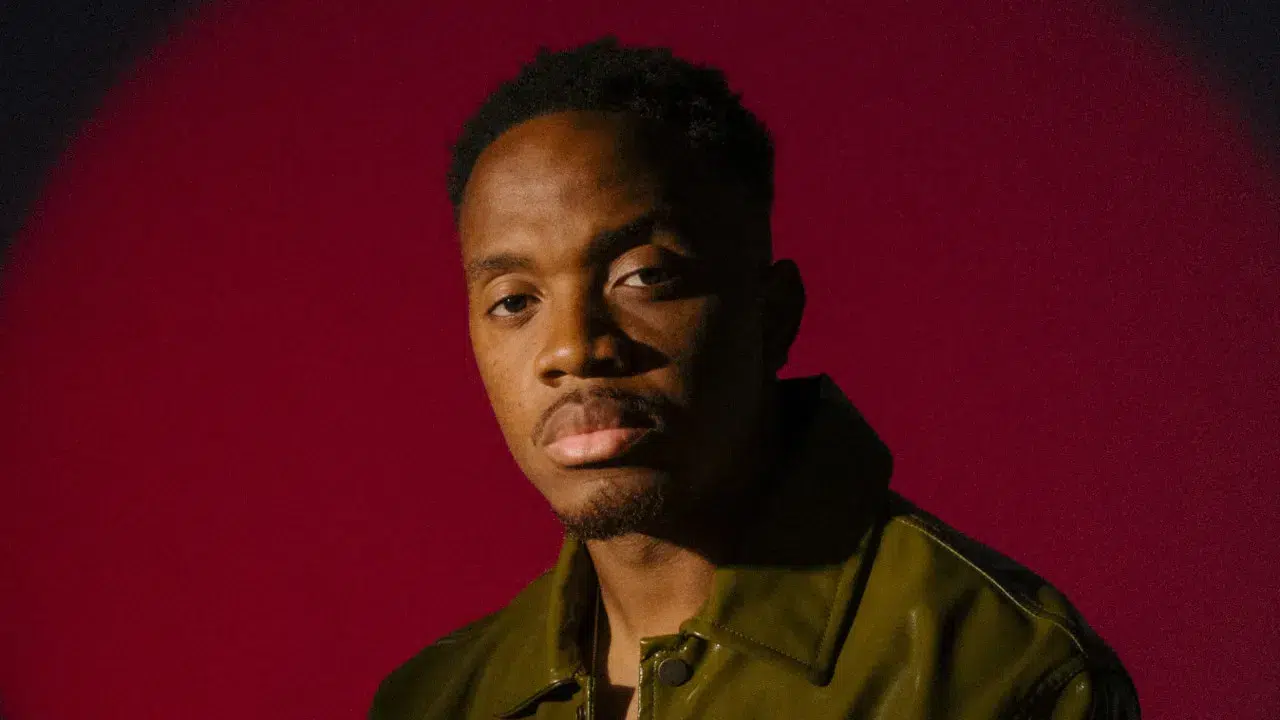
‘O Último Malmequer’ was released last June, with Harold “attempting to talk about feelings without prejudice, in a vulnerable and open way.” The album consists of 13 tracks: ‘De Caras,’ ‘Vento em Popa,’ ‘RIVAIS,’ ‘Vivi,’ ‘Valorizei,’ ‘Durag’ ft. Laylizz, ‘MANE,’ ‘Vidrado,’ ‘Pés no Chão’ ft. YANG, ‘Todavez,’ ‘Furtado,’ ‘Palavras,’ ‘Éder.’
“Above all, I can say it’s a true and transparent album – in the way I try to reach people and make them understand what I have to say because there are themes here – for example, racism – that I have already addressed with GROGNation,” he mentioned in a conversation with Notícias ao Minuto, referring to his band from Mem Martins, which announced its end in 2022.
This album highlights his growth not only as an artist but also as a person, as he himself acknowledged, and where he “exposes his pain so that others can enter it and be empathetic with it.”
“Almost as if I were in a protective zone, a place where I feel safe to expose myself without feeling judged by anyone or without feeling that they will use it against me. The album is like that safety zone, not where we are aggressive as a form of protection or due to insecurity. Exposing insecurities, fears, showing vulnerability without the fear of being judged. That’s why I consider it a transparent, true, and pure album,” he emphasized.
For now, he will continue his path in the music world solo, not seeing “prospects of GROGNation returning.” However, he says, “life sometimes turns around” and, therefore, “you never know.”
This album is divided into three parts, but how do you make that division?
I make the division in the themes of the songs. In the well-wishing part, I thought about songs that convey a more positive or cheerful message. When I speak of slightly more negative things, for example, the first half has more ‘heartbreak’ songs, and also the song ‘Durag,’ which is more rap and has a bit of this part where we talk to people who are against us, against our struggle, our journey. It has a bit more of the ‘egotrip’ angle, more rap, which is also located in this “not- to-want” part. The first songs have that weight, despite the first song of the album being ‘De Caras,’ which has a slightly more upbeat energy. But it also fits into the “not-to-want” question.
Then the energy changes in the middle, with songs like ‘Pés no Chão,’ which is a more danceable song, to celebrate. This is followed by a sequence of two ‘love songs,’ which are more positive, representing a prettier phase of the relationship. Then it closes again with ‘Palavras’ and ‘Éder.’
‘Palavras’ talks about a political and social issue that happened in Mozambique last year concerning abuse of power and violence. ‘Éder’ is a song that essentially speaks of my story and adaptation to Portugal – dealing with issues like racism and more.
Indeed, in this album, you address issues like racism, but you also have those ‘love songs.’ It’s an album that addresses the emotional side and not just social issues…
Yes, no doubt. I even end up using the ‘love songs’ more as a way to express my feelings. As if love were a way to know myself better. And when I’m in a phase where things didn’t go as I expected, where there was disappointment, we end up being with someone who made us expose certain things we maybe weren’t ready to face in some phases of our life… I take all those situations and end up not focusing the ‘love song’ only on the person, but on myself, on recovery, transformation, this journey of self-knowledge. They aren’t just ‘love songs,’ they are a way to know yourself.
I don’t feel that I have only fused with pop, but with various things. I have songs that lean more towards afroswing, others towards R&B, some with a more pop part and not just fusion with pop.
You divide the album into three parts as you explained, starting with ‘not-to-want,’ moving to ‘to want,’ and ending again on ‘not-to-want.’ Why the choice to end with ‘not-to-want’ and not ‘to want’?
First, because of the flower’s name – Malmequer. And it was also a way to make the album without a happy ending. In the album process, at first, I didn’t think much about the name, it emerged, but to make sense with this division of the parts, to make sense with the album’s name, there had to be more ‘not-to-want’ than ‘to-want.’
It was my process, of maturing as an artist. Having this desire to expose myself, to open up, to take risks without attaching too much to certain patterns and labels, which I felt always existed within the more conservative rap.
And merging hip-hop with pop was what you wanted to do in this album?
I don’t feel that I only fused with pop, but with various things. I have songs that lean more towards afroswing, others towards R&B, some with a more pop part and others with rap.
My album ends up being a result of everything I consume and everything I built as a person. I came from a GROGNation base that was very rap, and I grew up listening to a lot of rap. But as my career grew, I started to enjoy trying different sounds, ones that weren’t just the raw rap I did in GROGNation.
From there, from my risk-taking, trying to use my voice more, to sing more, I started to explore other sounds I already liked and appreciated. I tried my hardest not to limit myself. I felt that the type of rap I grew up listening to, the way I open vulnerability, my fears, the sound being more sung, saying certain things, maybe in a more conservative rap there wasn’t much room for this. Maybe we would already consider something else.
It was my process of maturing as an artist. Having this desire to expose myself, to open up, to take risks without attaching too much to certain patterns and labels, which I feel always existed within the more conservative rap.
Due to the conditions, they had to choose who they could save or not, who they could treat or not. He was very shaken by the situation, with what was happening. He told me he had never seen anything like this in his life.
Obviously, musical styles are evolving, but there has been, perhaps, a different use of ‘autotune’… more aesthetic. Do you think the evolution of rap went a bit this way, perhaps, to also be more audible and appealing?
I think it was a consequence of evolution. And, perhaps, because artists in general liked to experiment with different things and because when the melody aspect began to enter more, it helped many rappers who were more focused on writing and rhyming.
We use the voice in rap almost as if we were speaking, and when the more sung melody part started to enter, it ended up being a tool that helped many artists overcome, perhaps, some limitations. Among this, there are artists who sing really well. During my album process, I had singing lessons and never gave up on using ‘tune’ in an aesthetic and corrective way. But it was a somewhat inevitable path – the use of auto-tune.
He had just finished the music, and he sent me that audio, and it fit perfectly. I thought it was a perfect way to end the song, but also to make people understand what was happening.
Turning it more real…?
Yes! And for people who weren’t aware of the subject, through the audio, they could understand what I was talking about. I felt that even in terms of news, here in Portugal, this subject was not much discussed or delved into. I ended up using my artistic side (almost like a journalist too) to get the message across.
It was a kid, running home, which was relatively close, a police car passed by and approached me. The first thing they said was: ‘So, black guy, what have you stolen?’
And then we move to the final song, ‘Éder,’ which talks about your transition from Mozambique to Portugal. You’ve lived in Portugal for many years now, but there are issues that remain the same, like racism, for example. What do you highlight most on this journey?
Before the album came out, I was asked in an interview if I had been making this song since 2016, when Éder’s goal happened. What I feel is that music is basically my whole life. Because I talk about my move and my family’s to here, situations I experienced at school, with teachers, with classmates, with girlfriends’ families, in work situations… It’s a song reflecting all that, pains that are not only mine, of close people and others I only see through a screen.
I ended up using Éder’s matter as a representational image. Taking it a bit beyond the goal itself. That song also includes my father being a former combatant of the Portuguese army, and he often told me he suffered racism in Portugal. Even being a former combatant of the Portuguese army and having been in conflict zones, having defended the homeland… He went to the front line, subject to dying for a country, and even so, suffered racism in Portugal.
When I come to Portugal, the first contact I have with the police is one day, in the fifth or fourth grade, when I’m leaving school running because I needed to use the bathroom – I was a kid. I was running to go home, which was relatively close, a police car passed by and approached me. The first thing they said was: ‘So, black guy, what have you stolen?’ I kept running, they turned around the other way, found me again, and said: ‘You’re really in a hurry, what did you steal?’ I didn’t answer both times and went home.
My music is about those things… Something that happened to me in the fourth or fifth grade and that I remember perfectly, almost as if it were yesterday. They are things that never left my memory. And I didn’t have difficulties some friends had. Since my father was a former combatant, I didn’t have difficulty getting my documents or obtaining Portuguese nationality. There are so many others who were born here, and their parents too, who can’t get Portuguese nationality.
The song ‘Éder’ is also about that – sometimes it seems to be accepted in a society, not being judged, you need to score a big goal like Éder, or play football, to have that relevance.
There’s just a greater awareness, that more is said about it, but there are times when it seems we’re going backward.
Having lived in Portugal since you were seven, do you feel any (positive) evolution in issues like racism? Comparing the time you moved to the country to today, how do you see Portugal?
There’s just a greater awareness, that more is said about it, but there are times when it seems we’re going backward. It seemed that we had already overcome things – barriers, conversations, and themes – but it seems that hate for the different is starting to become fashionable. And I think that’s the worst part, because in the past, we could still justify it with little information, or the lack of discussion on the topics. There is still a very long way to go.
A mishmash of many things I consume, from movies, series, music…
In the world of music, what are your biggest inspirations?
My inspirations ended up changing me a lot, but – it’s a strange thing to say – increasingly, the inspiration to make music has been my own experiences and my circle of people. I feel that when I grew up, my musical references were many, especially within rap, Valete, Sam The Kid… But musically, I ended up following my path, which makes much more sense with the type of artist I want to be and not tying myself so much to a sound aspect. Tying myself more to the question of being able to free myself artistically – in whichever instrumentation, of whichever way. Increasingly, I am a mishmash of many things I consume, from movies, series, music… Now I even listen to music my parents listened to and I didn’t listen to as much before.
Accept differences. At the end of the day, we’re all just trying to have a place of peace and happiness.
Can music help save cases like yours – like in the difficulty of being accepted in a country?
Without a doubt. I know several cases of people who were very shy, reserved, had good ideas, and thoughts, and through music, they managed to free themselves, express themselves. Above all, to raise awareness, which is something I have always wanted to do with my music.
Besides entertaining, bringing good times, it’s about raising awareness among people about social problems, but also about internal problems, internal struggles we may all have. Sometimes we just need to hear someone we can identify with, which makes us realize we’re not alone and that many feelings are normal. We just have to learn to deal with them and know ourselves a little more and the world around us. Accept differences. At the end of the day, we’re all just trying to have a place of peace and happiness.

